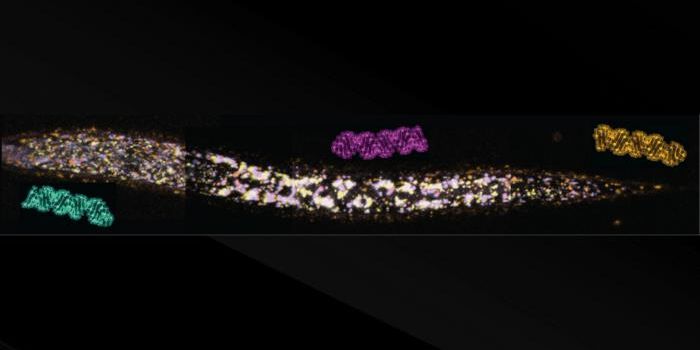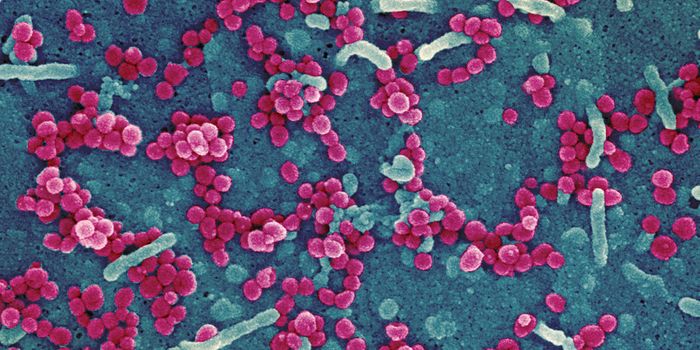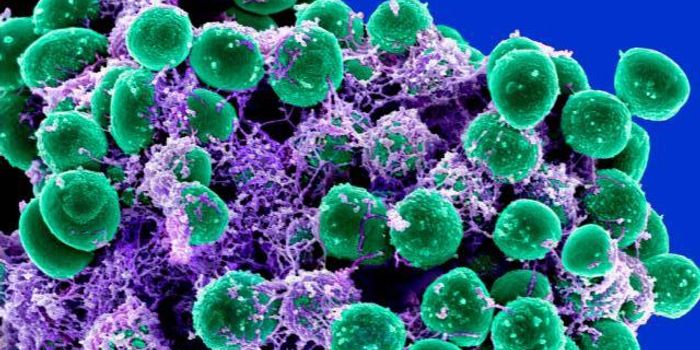The Genetic Reasons Why Some People Need Less Sleep
Typically, people need between seven and eight hours of sleep per night to function properly. In fact, reducing sleep by just one or two hours for a few days is known to have a negative impact. Despite this however, estimates say that around 5% of the population gets on fine with six hours of sleep per night or less (Harmon: 2009). Why is this?
A recent study from the University of Utah analyzed genes from six members of the same family who reported sleeping less than six hours per night. From taking blood samples, the researchers identified a gene variant among each family member responsible for their sleep patterns. To be sure of their findings, they then introduced the gene into lab mice, ultimately finding that mice with this gene also needed an average of one hour less sleep than their siblings without it (Diep: 2019). But why?
According to the researchers, this mutation occurs on the β1-adrenergic receptor gene, known to respond to hormones adrenalin and noradrenalin, which are responsible for “fight or flight’ responses alongside increases heart rate and blood flow to skeletal muscle. In particular, they found this gene mutation to be expressed in the dorsal pons, an area of the brain stem linked to control of stages of sleep and levels of arousal and vigilance.
When activated, this adrenergic receptor is known to lead to wakefulness. Thus, given the activation of these ADRB1 neurons both during waking hours and rapid eye movement sleep (REM), the researchers concluded that the activity of these neurons is likely affected by the mutation. This means that the reason why those with this variant of the gene require less sleep is because their genetic mutation activates their adrenergic receptors more often than those without the variant (Shi: 2019).
Highlighting the importance of β1-adrenergic receptors in sleep regulation, this research builds upon earlier findings of genetic factors that influence sleep. In 2009, a team of researchers in San Francisco led by Dr Ying-Hui Fu discovered another mutation, this time of a gene known as DEC2, that also leads to the ability to thrive on less sleep. When investigating the reasons for this, they found that DEC2 influences orexin production, a hormone that leads to wakefulness (Hirano: 2018).
Under normal circumstances, DEC2 reduces alertness in the evening by binding to and inhibiting MyoD1, a gene that activates orexin production. In the morning, DEC2 ceases its function, allowing MyoD1 to reactivate orexin production, keeping you awake and alert during the day. The mutation of DEC2 seen in short sleepers, however, seems to weaken DEC2’s ability to inhibit MyoD1, leading to more orexin production and thus, less sleep (Bai: 2018).
To conclude, genetic factors seem to play a key role in why some people require less sleep. Although research into which genetic factors influence sleep cycles, as well as how, is fairly young, researchers nevertheless endeavor to learn more. Dr Fu for example, hopes to find 10 short-sleeping genes and see whether there are any connections between them. Although none have been found so far among the genes discovered, the ultimate hope is that any findings may nevertheless be used to develop treatments for people with sleep disorders.
Sources
Harmon, Katherine: Scientific American
Diep, Francie: New York Times
Shi, Guangsen et al.: Neuron
Hirano, Arisa: PNAS
Bai, Nina et al.: University of California San Francisco










